Drifter (2023)
Genre : Drama
Runtime : 1H 19M
Director : Hannes Hirsch
Writer : River Matzke
Synopsis
Moritz follows his boyfriend to Berlin and is soon abandoned by him. Alone in the big city, he embarks on a journey through gay affairs and different lifestyles. Only through his new circle of queer friends does he develop his own ideas of sexuality and masculinity, leading him a little closer to himself.
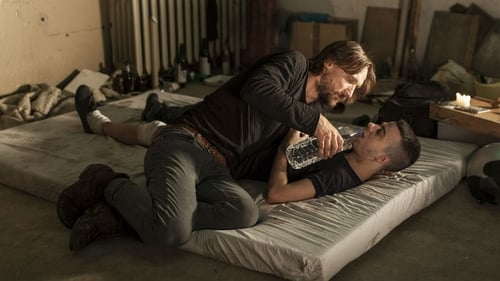
Lose Your Head is a psycho thriller about a Spanish party tourist who gets lost in Berlin. The film is inspired by the true story of a young Portuguese man who disappeared some years ago after a night at Berghain.
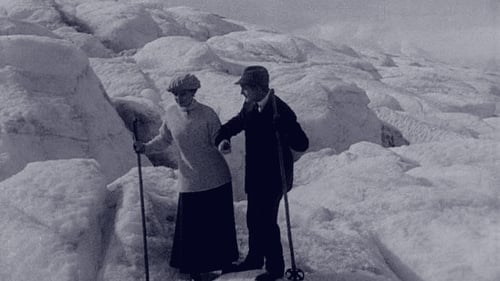
Overwhelmed by personal and professional problems, biologist Friedrich von Kammacher decides to travel abroad in order to regain the joy of living. During his adventurous journey he will meet two very different women, one of whom will be the key to his fate.
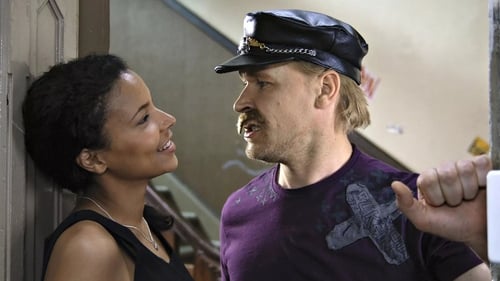
Ida is a woman who was adopted to Finland from Africa as a child. Ida is an unemployed seamstress approaching her thirties and still lives at home with her activist mother Kati. Kati wants to fix her daughter's life and offers her a job at her work. Encouraged by her new friend Ville, Ida, however, sets out for Berlin in order to find a job and to prove to her mother that she can manage on her own. Meanwhile, Kati has been told that she is seriously ill, but she does not want to mention it to Ida in fear of standing in the way of her daughter's struggle for independence. Ida wants to have a life of her own, but what will she have left at the end of the day?
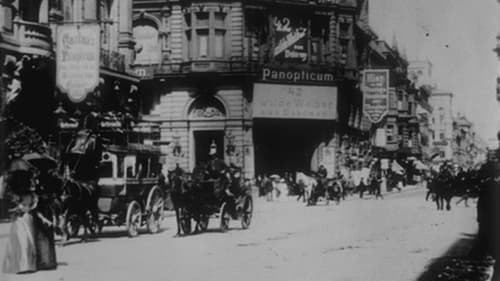
A Berlin street scene.
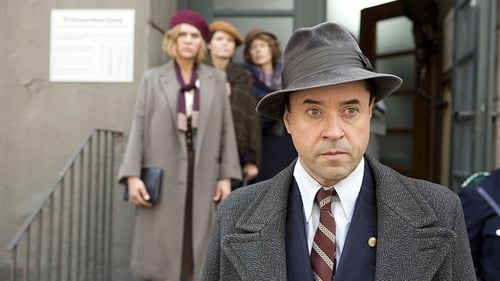
"Nacht über Berlin" follows Albert Goldmann, a jew and a member of the social-democratic party (SPD) in 1933. He witnesses the change in society around him and the rise of the Nazi-Party.
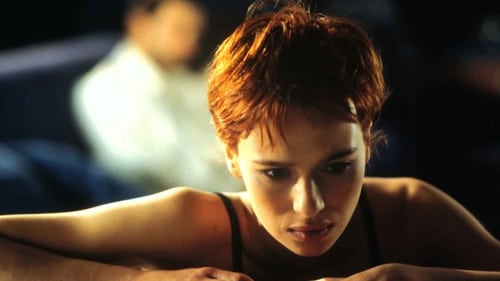
Diego is a doctor who has fallen in love with a married man with a son. Against the advice of his boss and best friend, he continues his affair with Alberto. The consequences of this affair profoundly alter not only the two men's lives, but also that of Alberto's wife.

Thomas Arslan's second feature film and part of his Berlin-trilogy is a slow-paced milieu study of German-Turkish youth in Berlin-Kreuzberg. The film depicts the every day life, domestic conflicts, dreams and disappointments of three siblings and their aimless, meandering strolls through the Kreuzberg district.

When an illicit arms deal goes bad, North Korean spy Pyo Jong-seong finds himself targeted not just by the South Koreans but also his own bosses.

Can and his girlfriend, Jale, live with their young daughter, Meral, in a tough Turkish neighbourhood of Berlin and barely manage to scrape enough money together for their existence. Can is a small-time dealer and errand-boy for drug boss Hakan, who has to keep his customers supplied within his narrowly staked out territory. Jale, who works in the ware-house of a department store, has been pressing Can to give up this activity. Can, also fed up with his situation, sees a bright new beginning for himself and his family when Hakan offers him the prospective chance to run a bar on his very own. But Can has little control over the pressures that gradually begin to build up around him and soon finds himself floundering in quicksand.
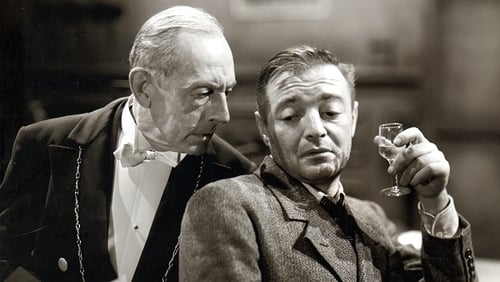
An assortment of diverse characters gather at the Hotel Berlin in World War II Germany.
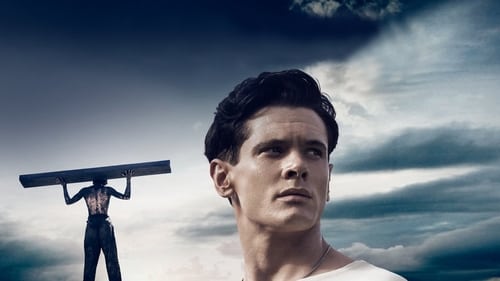
A chronicle of the life of Louis Zamperini, an Olympic runner who was taken prisoner by Japanese forces during World War II.

The film tells the story of an unusual love triangle between Johan, Max, and Anna. The action takes place in Berlin after the unification of its eastern and western parts, against the background of its reconstruction and rebuilding.
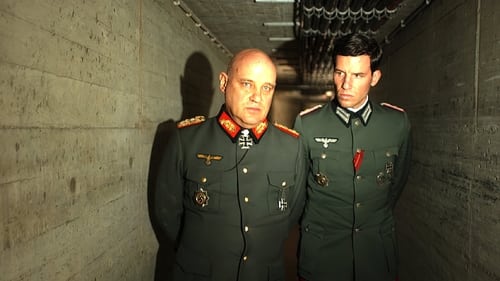
The 13 days from April 20th to May 2nd, 1945, are unique in the history of Germany: They are the final act in the history of the third Reich which was supposed to last for a thousand years and succumbed after twelve in an orgy of violence and fire. In the catacombs of his bunker under the Reich Chancellery in the capital city of Berlin, which Adolf Hitler wanted to make to the centre of the world, the dictator operates with ghost divisions during the final days of the war. Only in the final moment, he takes his own life. Meanwhile, On the streets, in the ruins, and the basements of the destroyed city, the final battle wages on: Adolescents are sacrificed without purpose, women get raped, loyal party comrades commit suicide in the thousands, Jews who were in hiding for years hope for the liberation.

Volker Koepp documents life in the Dorotheenstadt in Berlin-Mitte, which was called "Feuerland" in the 19th century.

Originally banned in 1966, East German director Jürgen Böttcher's tale of love and disillusionment among two newlyweds attempting to navigate the treacherous world of marriage was never officially released in his homeland until after reunification in 1990.

A knife in the pocket, adrenaline in the blood and only one dream in mind: to be a gangster - and the biggest one at that. Yehya was 15 years old and close to realizing his dream when he met the filmmaker Christian Stahl in the stairwell. Yehya wasn't just the nice boy from next door, he was also "the Boss of Sonnenallee" - one of the gangster runners of the Berlin borough of Neukölln. And gangster runners want to make it in the gangster world. In the eyes of the authorities, he is an "intensive offender"; in his own eyes, Yehya is "one of the top ten of Neukölln. I got my own prosecutor!"

Cuba is not a country for young gays. Teen rent boy Reinier falls in love with a mate in the slum soccer field in their neighbourhood in Havana. Although obsessed with moneymaking to hold up his baby, teen wife, and wife's grandma, gambler Reinier always fails to get the stroke of luck he looks for. At the same time he cannot help being infatuated by Yosvani. Handsome Yosvani will give up his older, wealthy girlfriend (whom he hooked up to pay for a lavish life in the big city), and the work he does for her father, a loan thug, so much in love he is with Reinier. But the boys would fight hard to keep this love in the reckless Havana streets.

Ulrich Mühe plays a German businessman who was born completely without scruples. This makes him an eminently suitable candidate for success in the chaotic years after World War I. The shameless man's story is contrasted with that of his polar opposite, a Jewish anarchist.

Like the best USIA films, The Wall distills political events into an emotionally clear and compelling ideological "story". In 1962 Walter de Hoog gathered footage from U.S. and German newsreel sources and crafted this taut short film about the first year of the Berlin Wall. Straightforward, keenly balanced narration portrays Berliners as "accepting the wall but never resigned to it". The extraordinary footage of the first escapes was propaganda enough-- His challenge was to make the politics human.





















